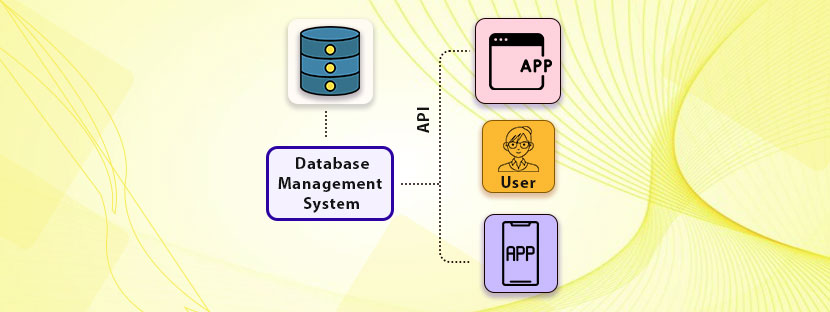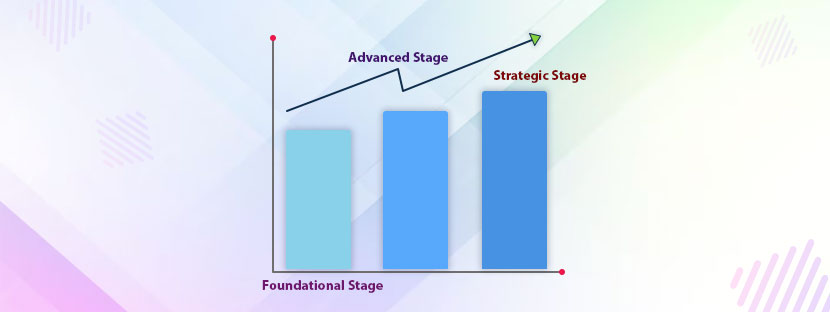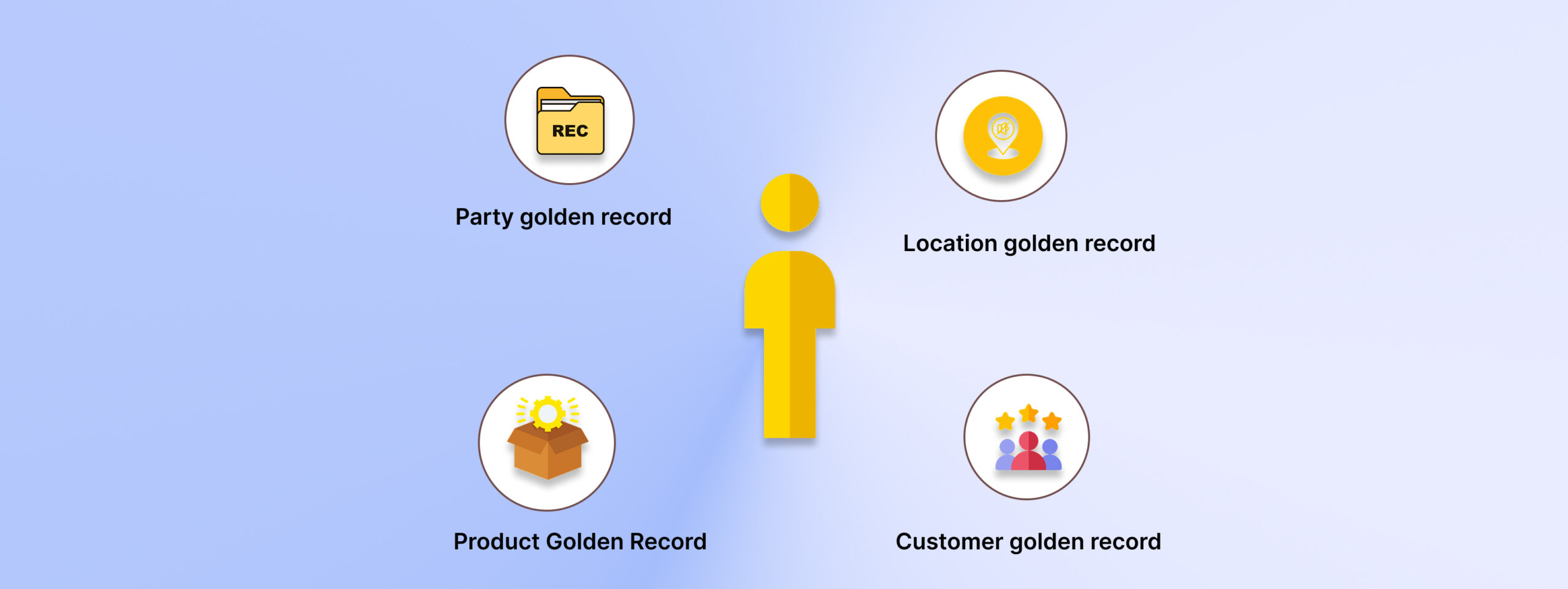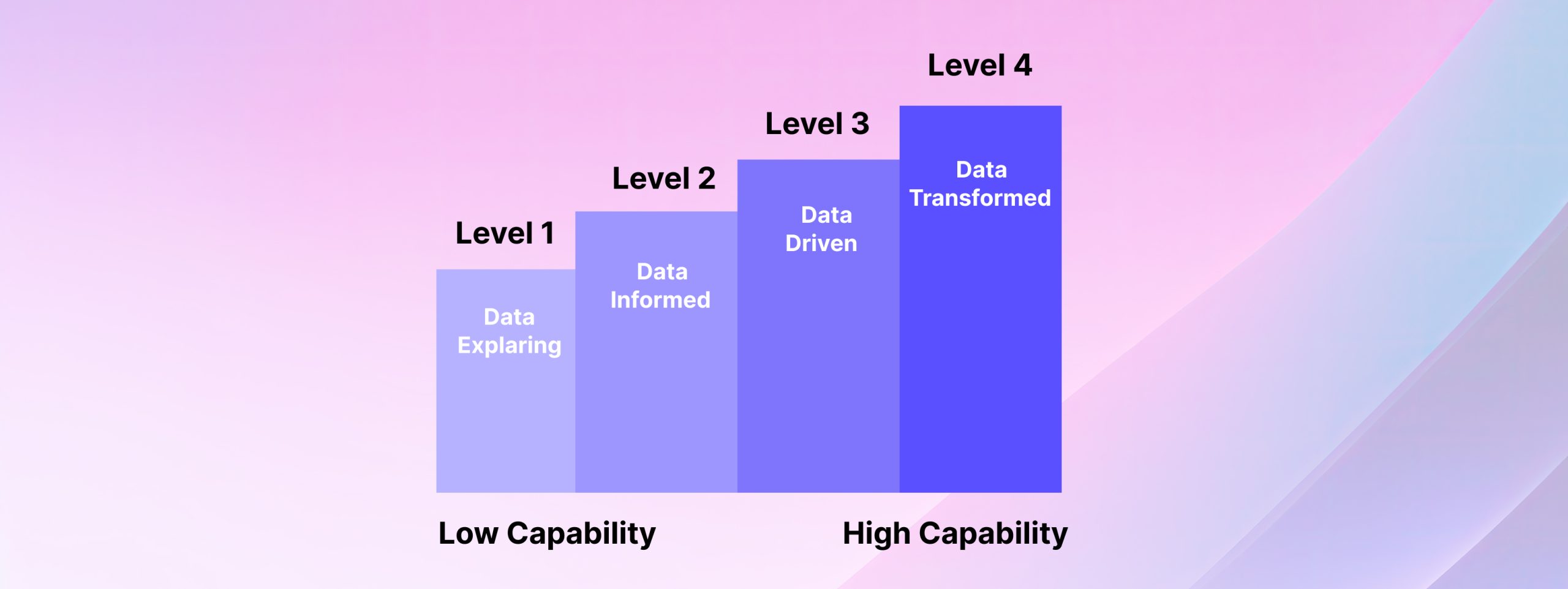In This Article
Organizing data into proper format is the ultimate thing you need. It provides you with a clear picture of your working process. Businesses around the globe, nowadays prefer maintaining cloud databases to organize their data. However, the main matter is the database management system. The more professionally you manage and organize your database; the more yield it will generate for you.
Data is a valuable asset. It works magnificently for your business only when you use it properly and at the right time. To get the best out of your data at the right moment, you need to know how to manage a database. Let this introductory blog help you figure out how you can implement an information management system in your organization.
First, let’s discuss the database management system.
To describe a database management system, it would be best to take the example of paper files. Like we clip one file after another in a paper folder based on relevancy, a database is designed in that way. By deploying the database management metrics into it, you can manage relevant data in a fixed place. Companies mainly use DBMS software to sort and manage data in a convenient way.
- DBMS software is fast and secure.
- It allows you to store data in an electronic filing cabinet.
- Tracking data is easy because it proves attractive interfaces.
- Managing database structure rationally.
DBMS software can manage your data smoothly, isn’t it? But remember one thing: software can help you manage your data digitally but only up to a certain level. Here, you need to do some manual work to stage your data. In simple words, you need to perform data entry tasks to allow software to manage your database.
Many companies to date have in-house data teams for putting records on a database. This is just a way, but smart companies prefer outsourcing to manage their data entry tasks. Simply, they outsource data management services to get their way manage huge volumes of data; but in a better manner.
Understanding database and its environment
A database environment is basically an ecosystem where information is received, processed, and retrieved in a detailed manner. It’s a complete process where data gets channelized and stored within the scope of database management. A database is a storehouse of data, and how data is stored defines the database environment.
Having an environment makes it super-easy to manage your data. Companies usually create a cooperative environment to manage the data flow and its direction. It helps regulate databases, properly channel data, and manage each data optimally.
Why database management system is important
Every company that works with a good amount of data must need an organized way to manage it. That’s when database management becomes important and necessary to channel data into a smooth track. With an excellent database management system, businesses can achieve the highest mark of success. Anyways, when you have the ultimate database management system in your business, you can do well with your data. Here’s how;
Better Data Organization
Present your data in order and manage it stored in the database organically with the help of DBMS rules. You can tweak the rules if you want, as per your organization’s demand. It helps make data easier to store, retrieve, and enquire.
Ensure Data Security
The incident of data breaches automatically gets minimized when you accurately apply the DBMS rules. Having a database management system is a controlled method for providing ultimate data security. Because it controls data access, interface, and most importantly, the flow of data.
Reduce Costs and Increase Effectiveness
The cost of managing data through an information management system is much less than managing the same data in other forms. In other words, managing data in online databases is better than managing it through hard drives.
Minimize Redundancies
A strong database decreases the chance of redundancies because it tracks identical entries quickly. Plus, it manages the accuracy level of data to the optimal level. The centralized database is less likely to have redundant or repeated data.
Maintain Data Integrity
Data integrity is the ultimate thing upon which business thrives. Having a centralized data system provides your business with that opportunity. Before putting data into the database, you have to make sure all components of data are accurately fine and consistent. That’s the essential part of data integrity.
Maintain Computer Database System Accurately
Implementing a sharp database management system provides you with great results only if you manage data in the right way. In many cases, we have seen businesses suffering because they could not bring out data at the right time. Do you know why? It happened because businesses saved all their data randomly in their database using DBMS software.
Software is a great value addition but only brings great results when applied. Properly trained people and the right skill set are crucial to handle such applications. At AskDataEntry, we have the right blend of talent and knowledge to maintain your database in order. We are an expert data management company working in this domain.











